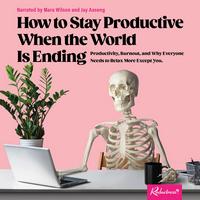I did this last month to catch up up to 2023, but the backlog I’d accrued last year was too big for me. So here we go again. This doesn’t get me totally cuaght up, but it’s close enough. Hopefully it’ll be years before I have to resort to this again.
I frequently mention how looming Mt. TBR is getting for me, but what’s worse is my “To Write About” pile, I know I’m never going to catch up with that properly and it bugs me to no end. But in the interest of something being better than nothing, a dash of realism, and a heavy dose of self-care, I’m cutting myself some slack. This was painful to do, I was looking forward to writing about most of these, and I have so much that I want to say. But I’m just not going to get to them—and other books are starting to pile up, too. So, in 144 characters or less, here’s me cutting myself some slack.
(Click on the cover for an official site with more info)
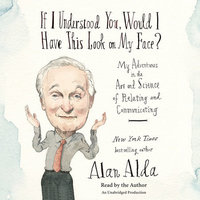  |
If I Understood You, Would I Have This Look on My Face?: My Adventures in the Art and Science of Relating and Communicating by Alan Alda Not sure how helpful this was–but it was quite entertaining & interesting. Hours of Alda’s narration–it almost doesn’t matter what he said. |
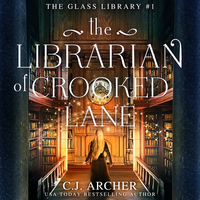  |
The Librarian of Crooked Lane by C.J. Archer, read by: Marian Hussey Great idea. Okay (ish) execution. Had to push myself to keep going more than once. |
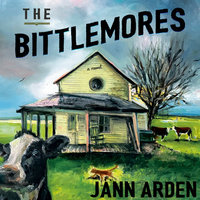  |
The Bittlemores by Jann Arden So strange at times. The ending made all of the “why am I bothering” parts worth it. Capital Q-quirky and emotionally effective. Give it a try. |
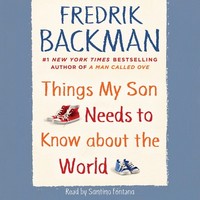  |
Things My Son Needs to Know about the World by Fredrik Backman, read by: Santino Fontana Hilarious and touching. Backman seems more down-to-earth than expected–a great writer & a relatable dad. Should give this to my grandkid’s dad. |
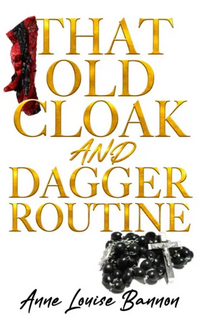  |
That Old Cloak and Dagger Routine by Anne Louise Bannon Ummm…a cozy and fairly self-consciously chaste spy novel. Who knew that was possible? Wasn’t wowed, but intrigued enough to read more. |
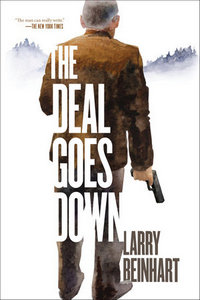  |
The Deal Goes Down by Larry Beinhart A compelling, self-aware, action read. Really dug it, but not sure I’m 100% into the story’s wrap-up, but the denouement helped. |
  |
Endangered by C.J.Box, read by: David Chandler Ehhhh…I liked this, I think. I’m not sure what to say about it (hence the months of silence from me, I guess) |
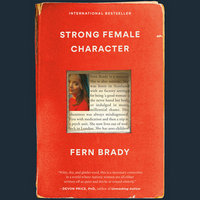  |
Strong Female Character by Fern Brady Funny and helpful look at one woman coming to terms with an ASD diagnosis, and how she got to it. |
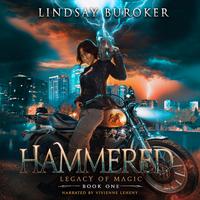  |
Hammered by Lindsay Buroker, read by: Vivienne Leheny Good world, great protagonist/narrator. Decent introductory novel. I’ll be back for more. |
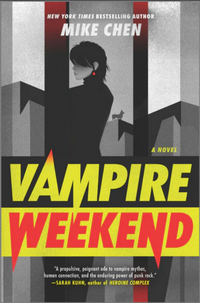  |
Vampire Weekend by Mike Chen Heckuva read. Words have failed me for a year with this one. The premise, execution, characters, plot–all typical Chen greatness. |
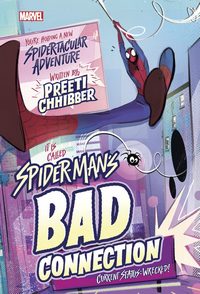  |
Spider-Man’s Bad Connection by Preeti Chhibber Not as good as book 1, but filled with everything I liked about it. Seemed more concerned about setting up the series arc than this book’s plot. |
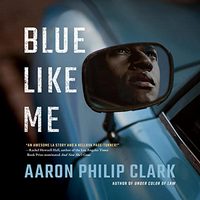  |
Blue Like Me by Aaron Philip Clark, read by: Preston Butler III The mystery/police aspect of this series is great. The personal life material is less so. This author/narrator combo makes it worthwhile. |
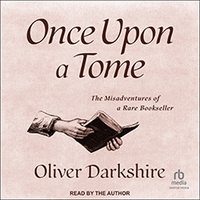  |
Once Upon a Tome: The Misadventures of a Rare Bookseller by Oliver Darkshire If you’ve ever wondered what it’s like to work in an antiquarian bookshop or if you like quietly charming people talk about unusual occupations… |
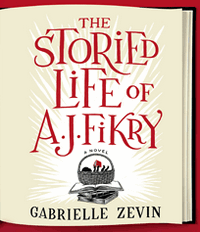  |
The Storied Life of A.J. Fikry by Gabrielle Zevin, read by: Scott Brick So sweet, so heartwarming, so charming. This novel about booksellers in love–and Firkney’s adorable daughter–will steal your heart. |
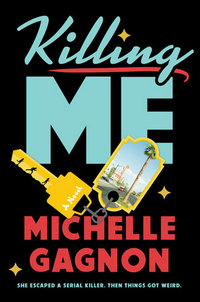  |
Killing Me by Michelle Gagnon Great take on vigilante serial killers. Great turns and twists. |
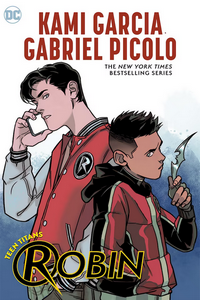  |
Teen Titans: Robin by Kami Garcia, Art by: Gabriel Picolo Not the best in the series, but Garcia’s take on these characters is good enough to overcome that. I just wish these came out faster. |
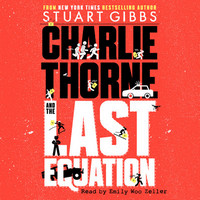  |
Charlie Thorne and the Last Equation by Stuart Gibbs, read by: Emily Woo Zeller The problem with an impossibly smart characters is that the creators behind them aren’t that smart. The results are disappointing. |
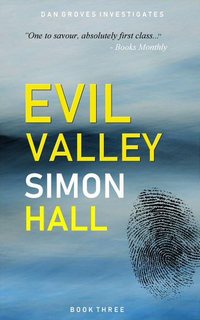  |
Evil Valley by Simon Hall I like this series, I like the characters…didn’t think this was up to the author’s standards. Some great scenes and a compelling killer. |
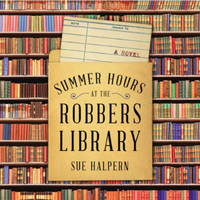  |
Summer Hours at the Robbers Library by Sue Halpern, read by: Josh Bloomberg, Dara Rosenberg, Allyson Ryan Meandering. The major reveal was a major letdown. It was just intriguing enough to keep me listening, but I wish it hadn’t been. |
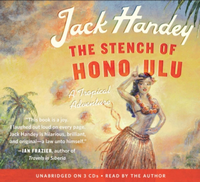  |
The Stench of Honolulu: A Tropical Adventure by Jack Handey What a waste of time (mine and the authors) and talent. |
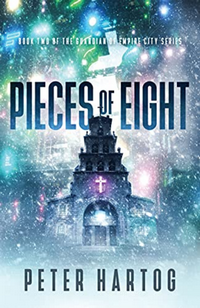  |
Pieces of Eight by Peter Hartog I <3 this universe. I think this case was weaker, but the character moments, growth, and magic were so great that it didn't matter. I need more. |
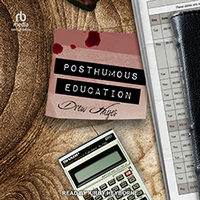  |
Posthumous Education by Drew Hayes, read by: Kirby Heyborne Good to be back in Fred’s world. Not the best collection of episodes for the Vampire Accountant, but pleasant enough. |
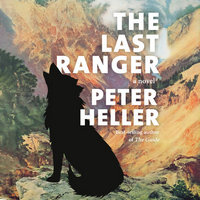  |
The Last Ranger by Peter Heller, read by: Mark Deakins Feels like a CJ Box standalone that he abandoned because he couldn’t come up with an ending. Heller couldn’t either, but called it good anyway. |
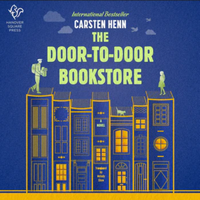  |
The Door-to-Door Bookstore by Carsten Henn, read by: Raphael Corkhill, translated by Melody Shaw Schmaltzy but pure-of-heart. One central character’s motivation makes no sense. Ignoring that, it’s a sweet celebration of books/readers. |
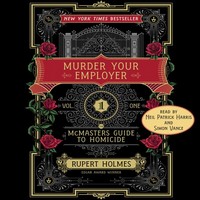  |
Murder Your Employer: The McMasters Guide to Homicide by Rupert Holmes, read by: Simon Vance, Neil Patrick Harris Possibly too clever for its own good. I vacillated between reveling in it and utter disdain. It’s a mixed-bag that won me over in the end. |
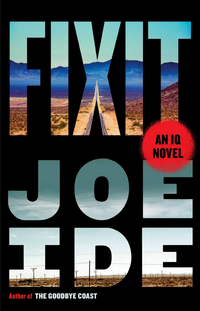  |
Fixit by Joe Ide IQ and Dodson are back and better than ever. Who needs to say more than that? |
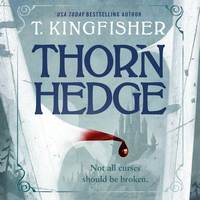  |
Thornhedge by T. Kingfisher, read by: Jennifer Blom Great prose in service of a solid modern take on Cinderella. |
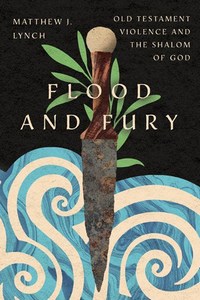  |
Flood and Fury: Old Testament Violence and the Shalom of God by Matthew J. Lynch Helpful work on Divine Violence (how to think of it, how not to think of it or avoid the idea, either) and about the conquest of Canaan. |
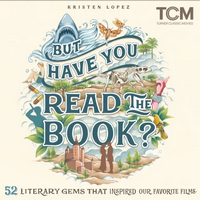  |
But Have You Read the Book?: 52 Literary Gems That Inspired Our Favorite Films by Kristen Lopez How can a book with this premise be so dull? And snobbish, too. |
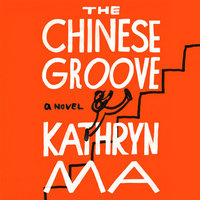 
| The Chinese Groove by Kathryn Ma, read by: James Chen Great characters, an okay story, but the payoff wasn’t there. The ending was bad enough to make me wish I hadn’t spent the time. |
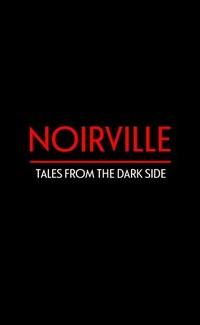  |
Noirville: Tales From The Dark Side by Chris McVeigh 15 of the best short stories I’ve ever read. This is how Crime Fiction should always be. |
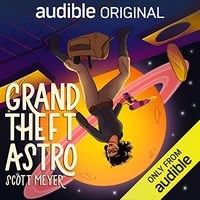  |
Grand Theft Astro by Scott Meyer, read by: Elizabeth Evans The Stainless Steel Rat with a contemporary twist. Meyer is capable of better, but I had enough fun (not sure I’m sold on the ending) |
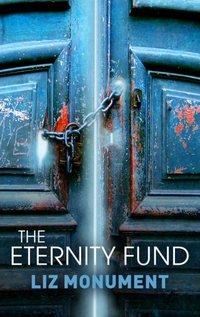  |
The Eternity Fund by Liz Monument Dynamite dystopian adventure. Worth the $ just for the worldbuilding. The story and characters were even better–I’d relish a sequel. |
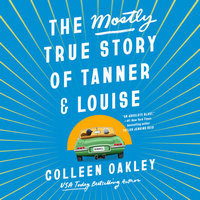  |
The Mostly True Story of Tanner and Louise by Colleen Oakley, read by: Hillary Huber It took me a long time to decide what this book was really about, but I enjoyed the trip. The destination was okay, too. |
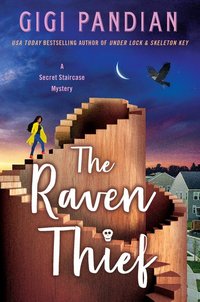  |
The Raven Thief by Gigi Pandian See what I said about Spider-Man’s Bad Connection. |
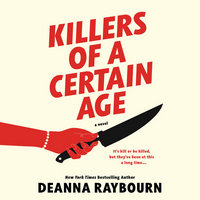  |
Killers of a Certain Age by Deanna Raybourn, read by: Jane Oppenheimer, Christina Delaine Who doesn’t enjoy an octogenarian assassin? Who doesn’t love female assassins? A group of them out for revenge? Sure-fire fun. |
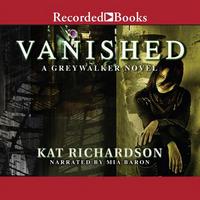  |
Vanished by Kat Richardson, read by: Mia Brown Good story, but felt underwhelmed by it all. I think it was me and my timing. not Richardson. I need to get back on this horse. |
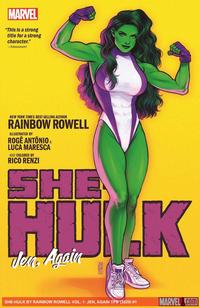  |
She-Hulk, Vol. 1: Jen, Again by Rainbow Rowell A real winner from Rowell. I knew I should’ve started reading this series earlier. Good art, interesting arcs, & some real smiles were induced. |
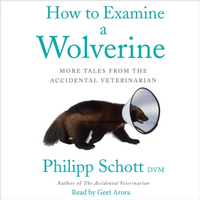  |
How to Examine a Wolverine: More Tales from the Accidental Veterinarian by Philipp Schott, read by: Geet Arora A fun Veterinarian Memoir, with a lot of heart. James Herriot with more laughs and technology. |
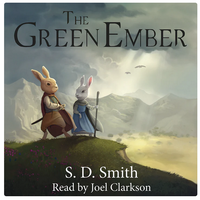  |
The Green Ember by S.D. Smith, read by: Zach Franzen Maybe too much like Wingfeather Saga, but with rabbits instead of humans. Still, a good fantasy for the MG crowd. |
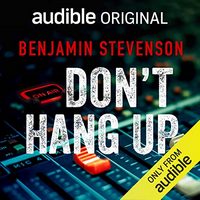  |
Don’t Hang Up by Benjamin Stevenson, read by: Luke Arnold, Sybilla Budd I can’t do better than Mike Finn did. Go read what he said. It’s why I listened. |
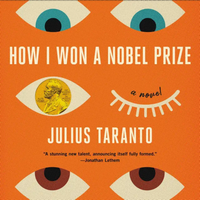  |
How I Won a Nobel Prize by Julius Taranto, read by: Lauren Fortgang Some good writing, but squandered for…I’m not sure really. |
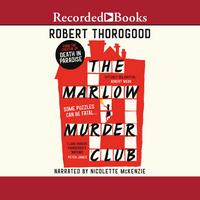  |
The Marlow Murder Club by Robert Thorogood, read by: Nicolette McKenzie Decent cozy with an intriguing cast of oddball slueths. |
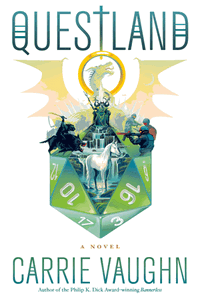  |
Questland by Carrie Vaughn Jurassic Park for RPG, SF, Fantasy, etc. fans. Been a Vaughn fan for years, but don’t know that I’ve had this much fun with one of her novels. |
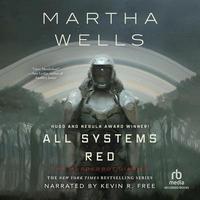  |
All Systems Red by Martha Wells, read by: Kevin R. Free Oh, wow. I understand all the fuss over this series. I shouldn’t have slept on this–or the sequels like I have. |
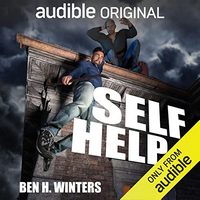  |
Self Help by Ben H. Winters, read by: Wil Wheaton, Ron Perlman Cool concept. Great cast. Entertaining but not-entirely satisfying result. Worth the time. But not much more. |
![]()


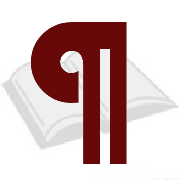
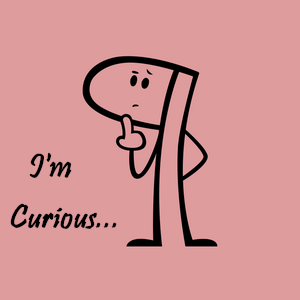
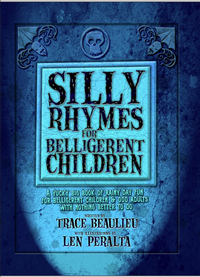


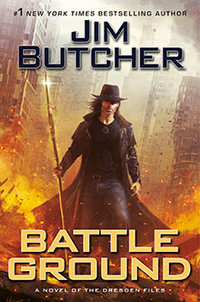

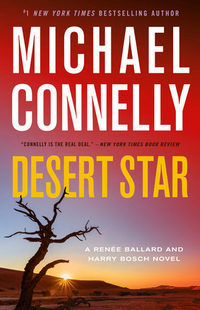
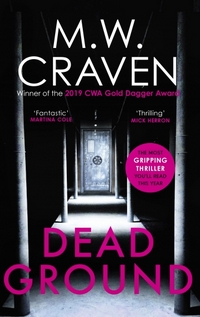
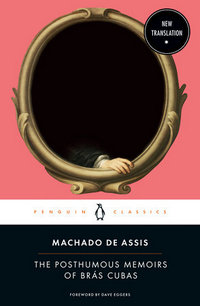
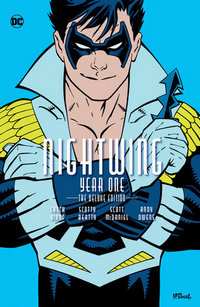
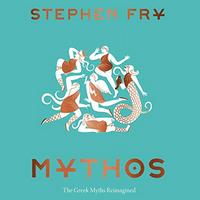
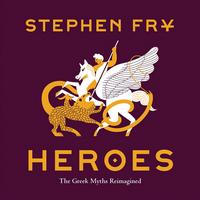
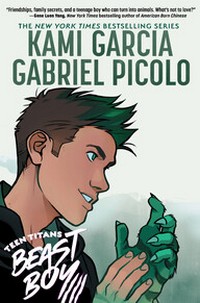
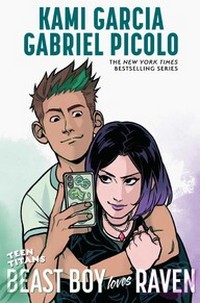
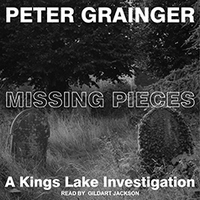

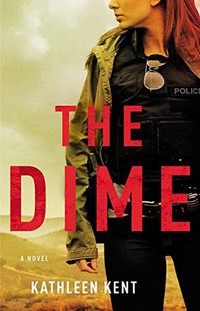
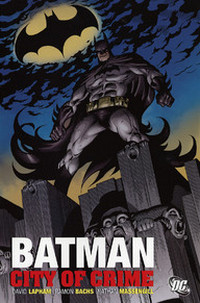
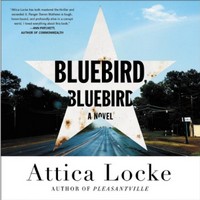
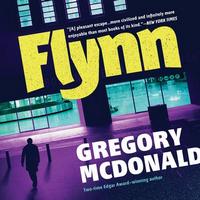

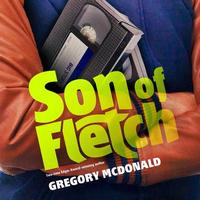
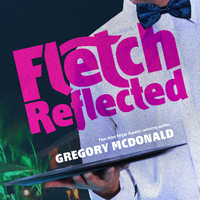
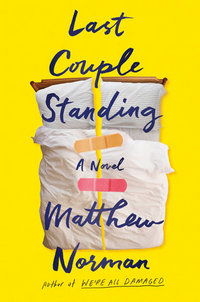
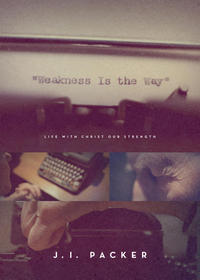
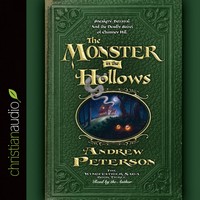
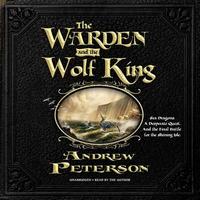
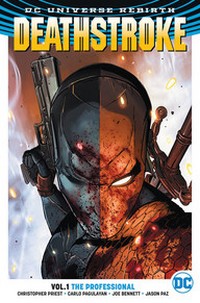

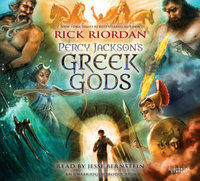
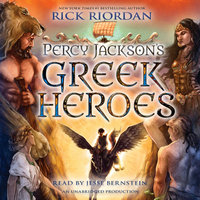
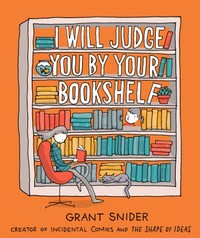
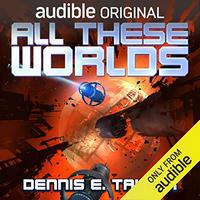

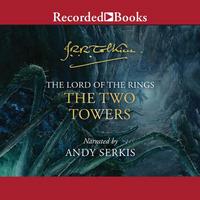
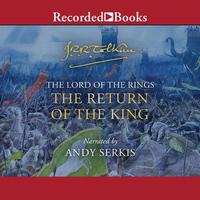
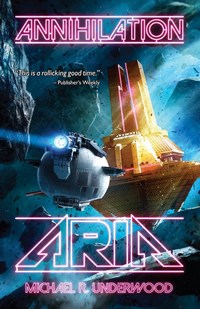

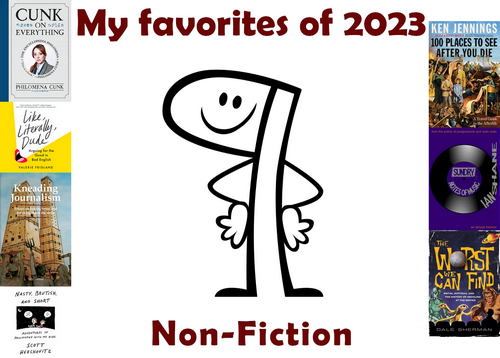
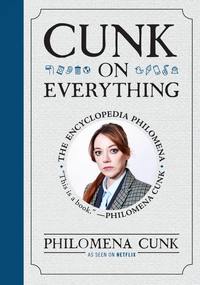
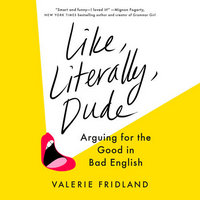
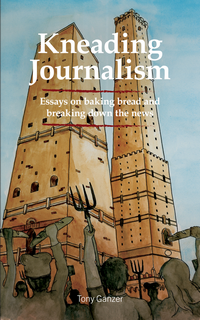
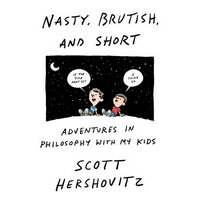
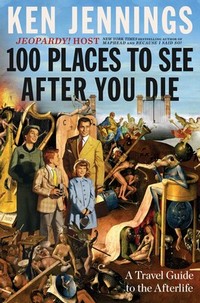

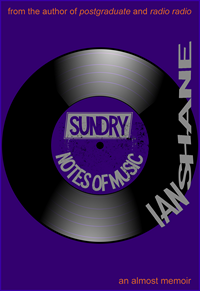
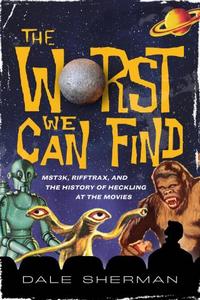
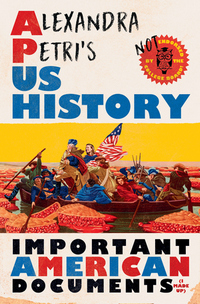

 Mike Finn (you should read
Mike Finn (you should read 
